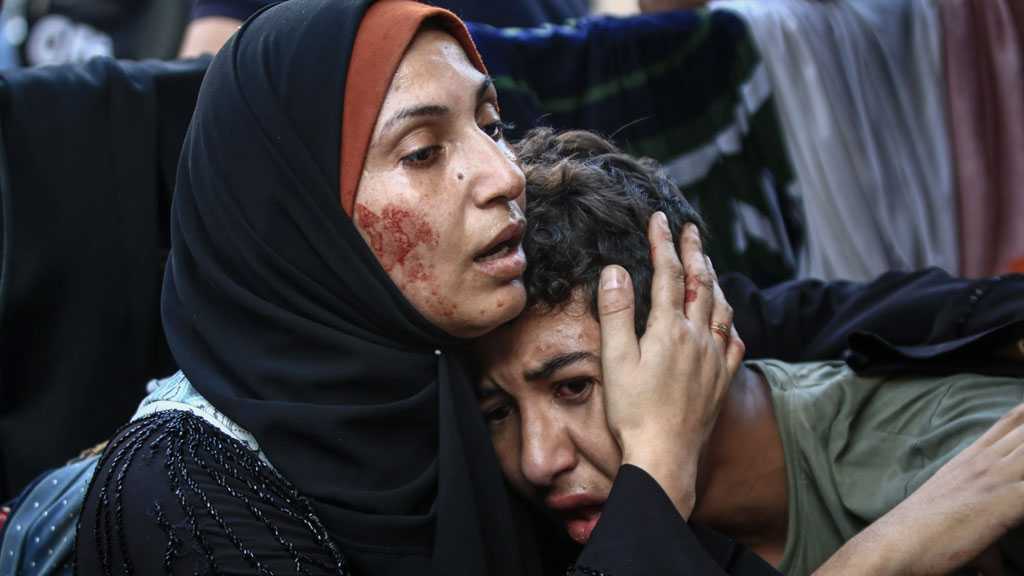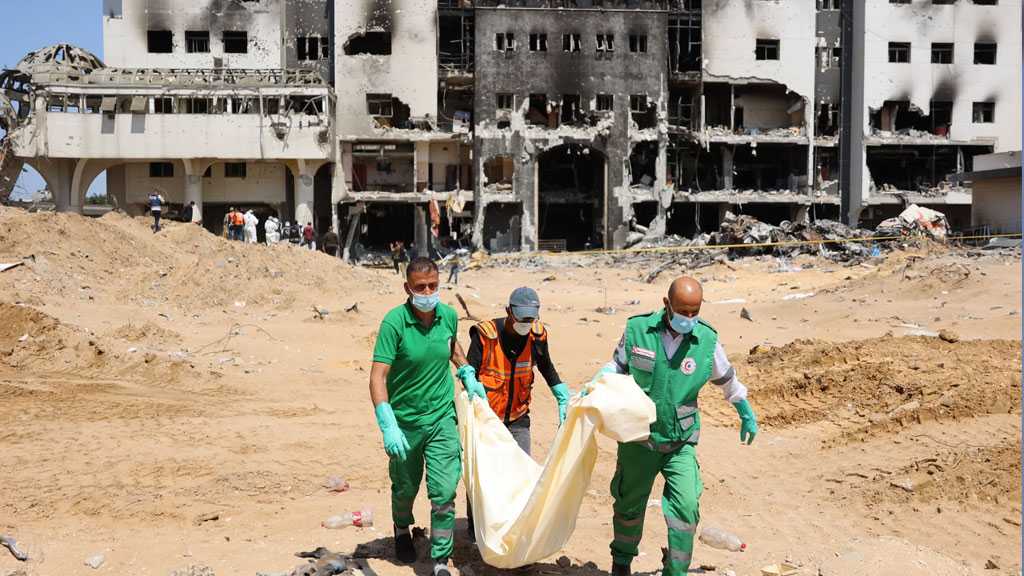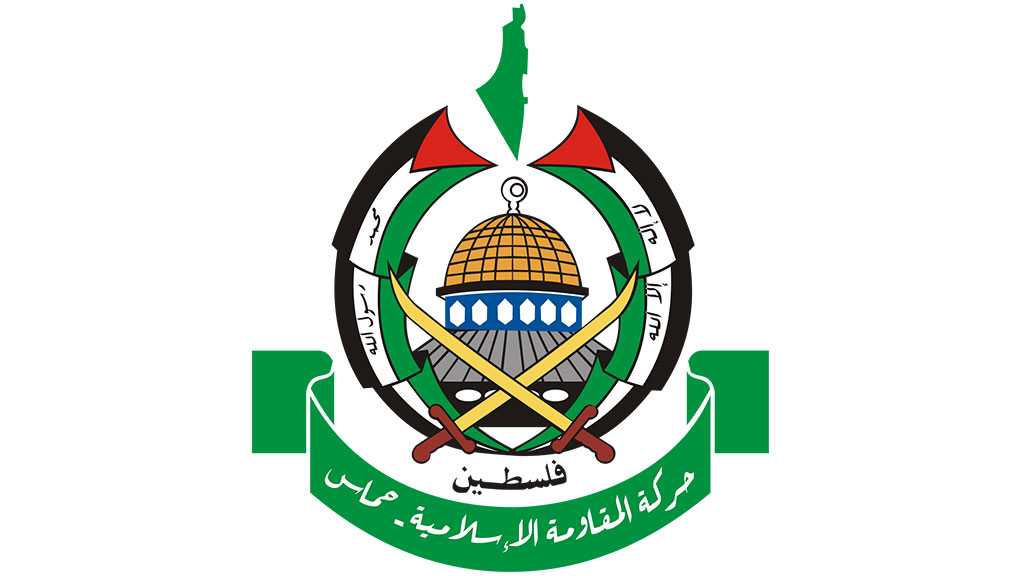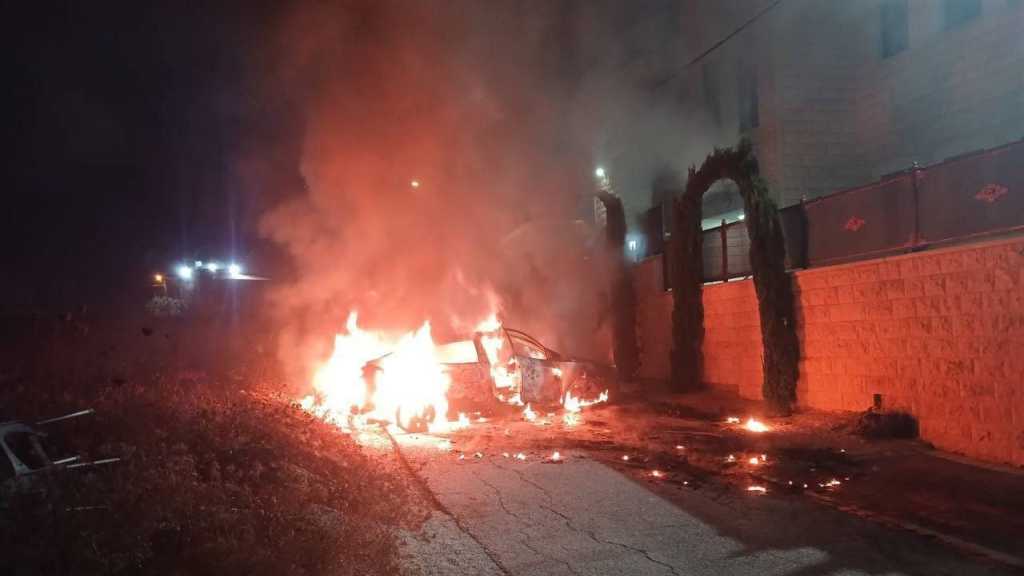UN: Gaza Still in Crisis Due to 2014 ’Israeli’ Onslaught
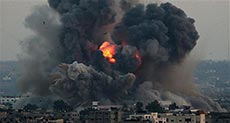
Local Editor
The besieged Palestinian territory of the Gaza Strip is still beset by "crisis" almost a year after the latest "Israeli" war on the enclave, the United Nations [UN] said.
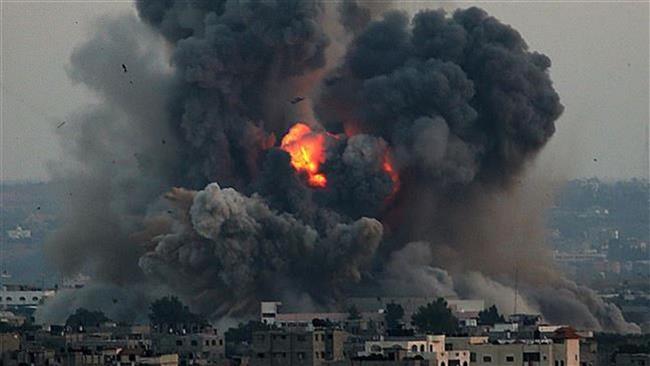
"Gaza is still in crisis, with civilians, as always, paying the highest price," the UN Humanitarian Coordinator for the occupied Palestinian territory, Robert Piper, said voicing concern over the humanitarian situation and the slow pace of reconstruction in the blockaded territory.
According to the UN Office for the Coordination of Humanitarian Affairs [OCHA], the deadly 2014 "Israeli" onslaught caused close to USD 1.4 billion in direct and indirect damages and USD 1.7 billion in economic losses to the Palestinian territory.
Piper went on to say that humanitarian organizations had provided close to 90,000 families in the besieged territory with temporary shelter, over 1.4 million people had been given food assistance and some 85,000 children had received psycho-social support.
Further, he said that despite the measures taken to assuage the pains of the Gazans, approximately 100,000 people remain internally displaced in the area, hosted in temporary accommodation or in make-shift shelters.
The UN official added that close to 120,000 people were still waiting to be reconnected to the sliver's water supply, which was cut during the "Israeli" aggression.
"Our ability to move from short-term relief to longer-term reconstruction is constrained by a major shortfall in humanitarian funding," he added.
During a conference in the Egyptian capital, Cairo, in October 2014, international donors pledged around $5.4 billion to the reconstruction of Gaza and improving the situation in the besieged enclave after Israel's devastating assault last summer. UN agencies said that little if any of the promised money had arrived in Gaza.
"Nine months after the Cairo Reconstruction Conference, Gaza's recovery process needs to be accelerated," Piper warned.
According to the World Bank, 43 percent of the population in the besieged area was unemployed, which is the highest unemployment rate in the world, and as much as 73 percent of the population there was suffering from food insecurity.
It was also said that an estimated 80 percent of the population relied on humanitarian aid, and electricity was available only eight to 12 hours a day.
"Palestinians in Gaza need to be lifted out of this self-perpetuating cycle of crisis," Piper stressed.
In a parallel notion, analysts indicated that failing to address the misery of Gazans who had faced three wars in six years would only sow the seeds for future violence.
"The blockade remains in place and its crippling effect on Gaza is undeniable, inexcusable," Robert Turner, operations director in Gaza for UN relief agency UNRWA said.
Moreover, indirect talks on shoring up the ceasefire and easing "Israel's" blockade had taken place, but there had been no signs that a deal could be reached anytime soon.
Both the blockade and a lack of financing from international donors had been blamed for the slow pace of reconstruction in Gaza, where around 18,000 homes were destroyed or severely damaged.
Accordingly, "Israel" launched airstrikes on Gaza in early July 2014 and later expanded its military campaign with a ground invasion into the Palestinian territory. The war ended in late August that year.
Source: News Agencies, Edited by website team

